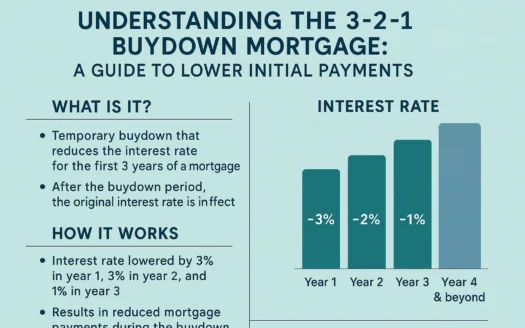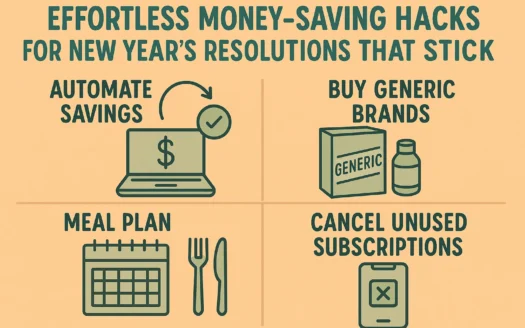Understanding Debt-to-Income Ratio: A Key Factor in Home Loan Approval

Understanding Debt-to-Income Ratio: A Key Factor in Home Loan Approval
Is Debt a Deal-Breaker for Home Loans?
Many believe that their amount of debt will be an instant hurdle when qualifying for a home loan. This is not always true. While the total debt you carry might not immediately raise concerns for lenders, your debt-to-income (DTI) ratio is a critical factor. This percentage helps lenders assess your ability to manage monthly payments and repay borrowed funds.
What Is Debt-to-Income Ratio?
A debt-to-income (DTI) ratio is calculated by dividing your monthly debt payments by your monthly gross income. Expressed as a percentage, it helps lenders evaluate your financial health and loan repayment capacity. Here’s how to calculate it:
Step-by-Step Calculation
- Determine Monthly Gross Income: Add all pre-tax income sources.
- Total Monthly Debt Payments: Include housing costs, auto loans, credit cards, and other recurring debts.
- Divide Debt by Income: Divide your total monthly debt by your gross income, then multiply by 100 to get the percentage.
Example Calculation
Monthly Debt Breakdown:
- Housing: $1,200
- Auto Loan: $400
- Credit Cards: $300
Total Monthly Debt: $1,900
Monthly Gross Income: $5,500
DTI Calculation: ($1,900 ÷ $5,500) × 100 = 34.55% (rounded to 35%)
Why Does Debt-to-Income Ratio Matter?
A DTI below 35% is generally favorable for loan approval. Studies indicate that borrowers with higher DTI ratios face greater challenges managing payments. Lenders prioritize this metric to minimize risk, but it’s also used for credit cards, auto loans, and other financing decisions.
How to Improve Your DTI Ratio
To lower your DTI ratio, focus on two key factors:
- Increase Income: Pursue raises, side jobs, or additional income streams.
- Reduce Debt: Pay down existing balances, prioritize high-interest debts, and avoid new loans.
Frequently Asked Questions
“I have too much debt to buy a home.” Is this true?
Not necessarily. Your DTI ratio, not just total debt, determines eligibility. Focus on improving this percentage.
How often should I check my DTI?
Review it before major financial decisions, such as applying for a loan or credit card.
Can a high DTI be temporary?
Yes. Short-term debts or income fluctuations can impact it, but long-term solutions like debt reduction are key.




